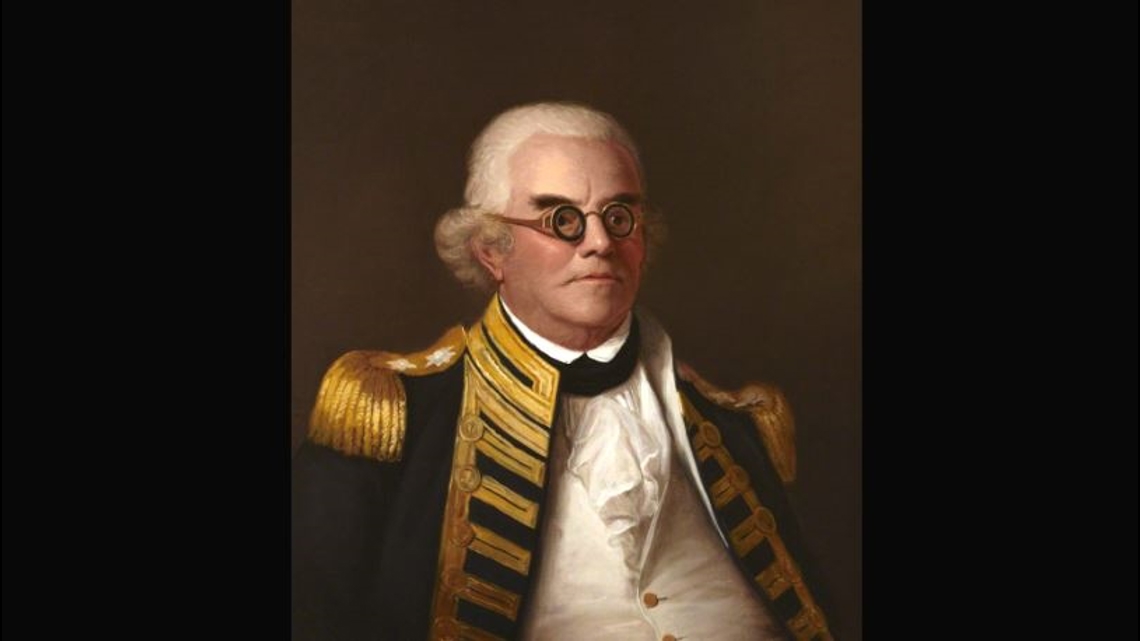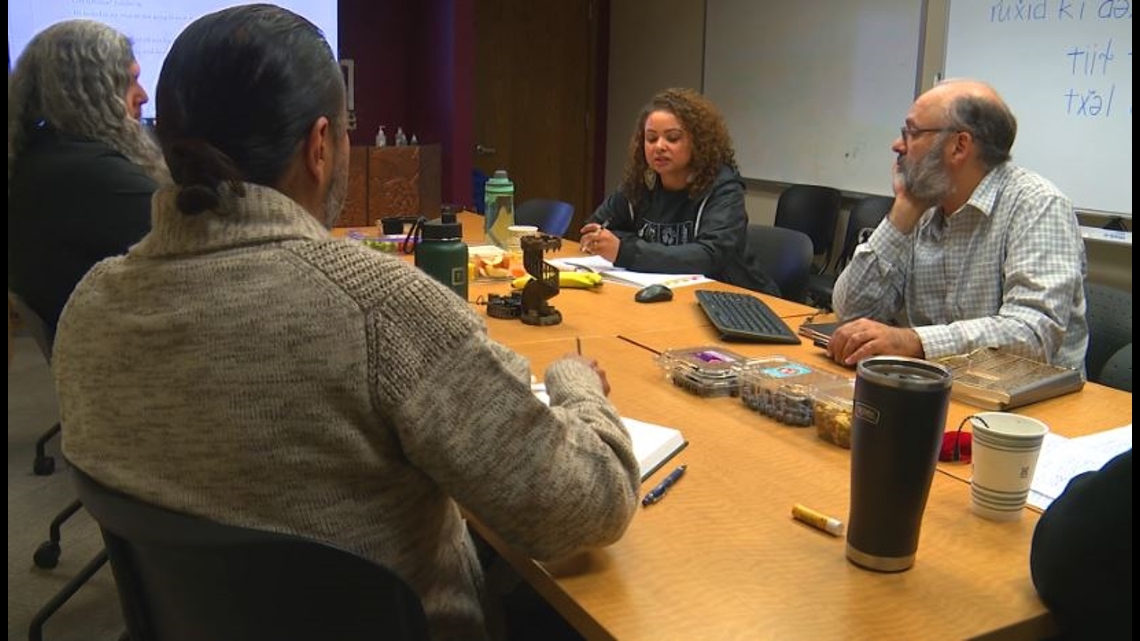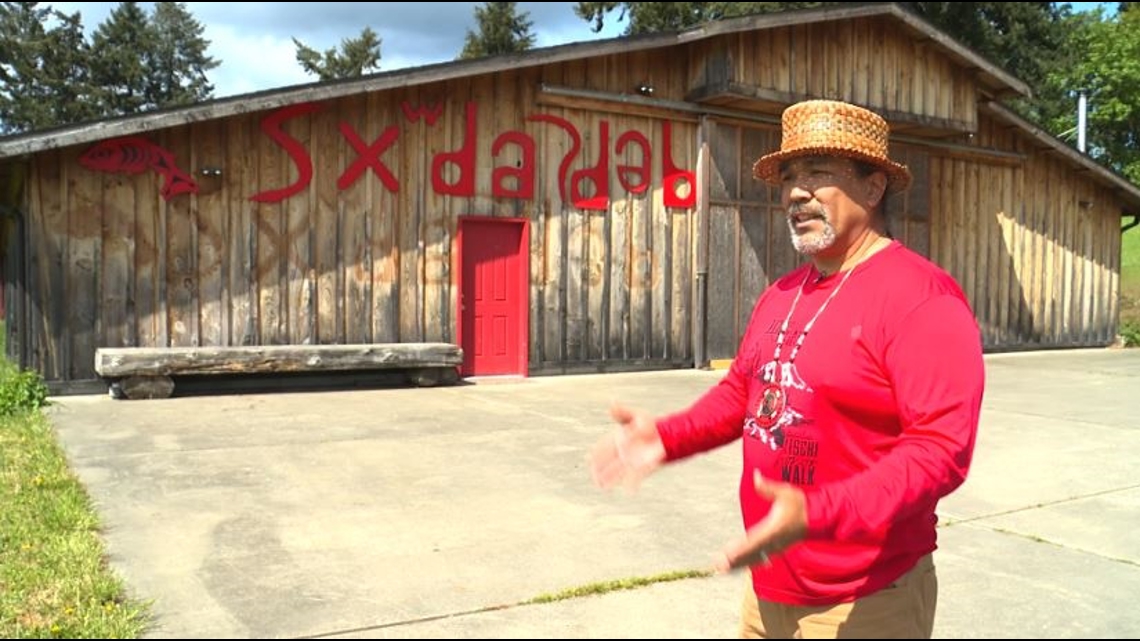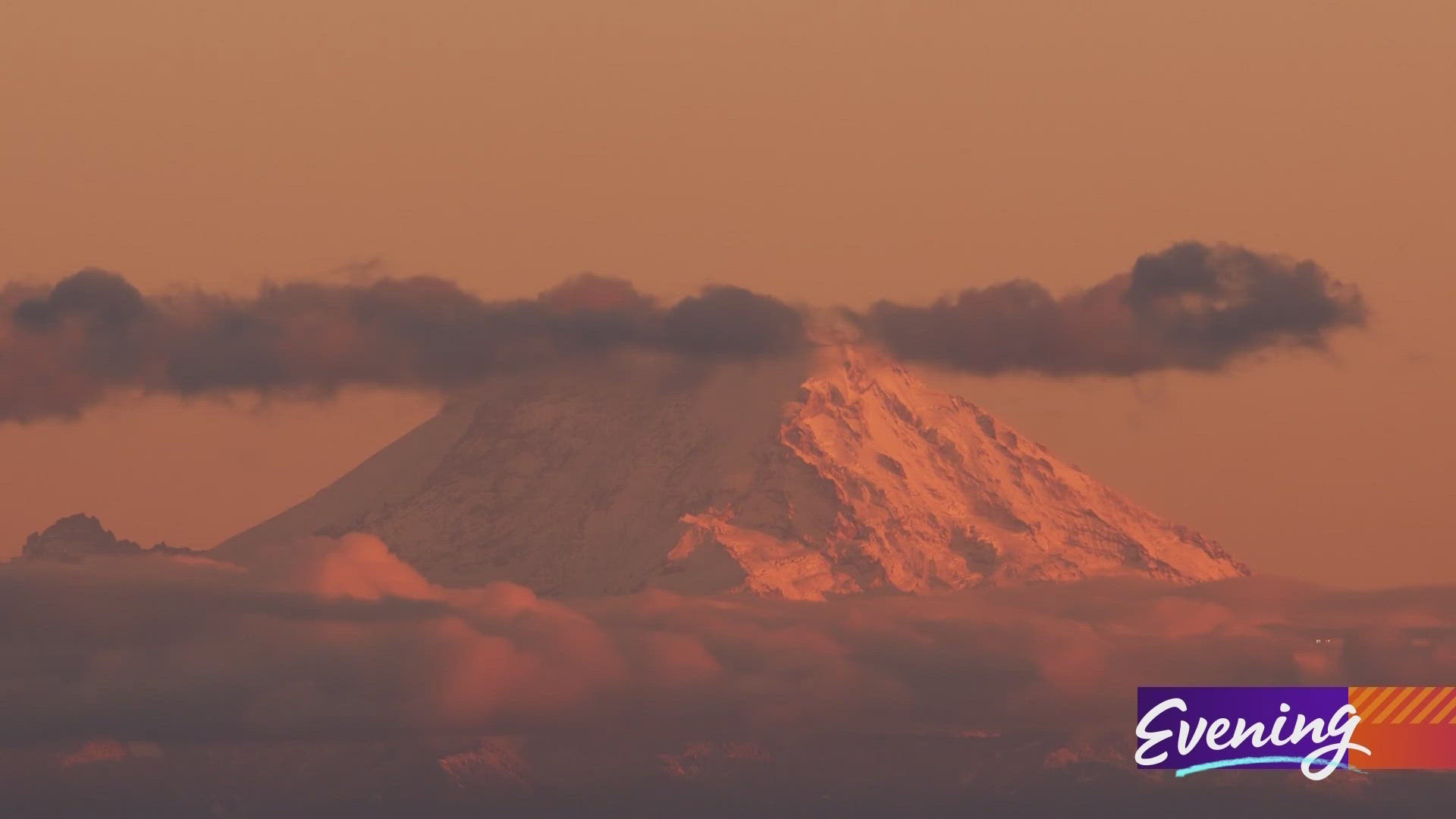TACOMA, Wash — Mount Rainier National Park is celebrating its 125th anniversary this year but the mountain has been important to people for many generations before it was called "Rainier."
"The mountain is our life giver," said Amber Hayward, Program Director of the Puyallup Tribal Language Program. "She is sacred. Everything we need has come from her. We go there when we're lost. We go there when we need to pray. We go there when we need to keep our traditions alive."
To visit the mountain is to hike through a sacred place. A healing space. "The grandmother" to the people who have lived here thousands and thousands of years before British explorer George Vancouver decided to name it after an admiral he befriended.
"Are you referring to Rainier? We call it the 'R' word around here," laughed Brandon Reynon, director of the Puyallup Tribe's Historic Preservation Department.
Rear Admiral Peter Rainier would never see the mountain.


"Rainier was anti-American," Reynon said. "He didn't want the United States to exist or even succeed and so we have this mountain, the most beautiful and majestic mountain in the Pacific Northwest, named after this anti-American guy."
There is a generation among the Puyallup Tribe of Indians taking newfound pride in their heritage, their culture even their language. In a conference room on the day we visited only Lushootseed, a language shared with 12 other tribes around Puget Sound, could be spoken. The topic was the mountain.


Zalmai ʔəswəli Zahir has been studying the language for 40 years. He says, translated, "The elders would say the mountain is sacred. You don't go there to play. You go there to pray."
"We have to make the choice to speak our language," Heyward said. "So we went from no speakers to today we have over 200 speakers."
Many of the words sound like what they mean. The word for "salt water" sounds liker waves crashing on the beach. The word for crow sounds like a crow's cry.
As for the true name of the mountain?
"That is a great question," Heyward said. "There is no correct name for the mountain. She pronounces some of the suggested names in this way: 'Ta quote Ma,' 'Ta cote bud,' 'Ta Co Buh.'"


"Ta quote Ma. Ta quote Ma. Don't forget the water," said cedar weaver Hanford McCloud, a member of the Nisqually Indian Tribe. Legend has it that the mountain grew tired of the crowded Olympic range and moved to its site overlooking the Puget Sound.
For ten thousand years the Nisqually people have gathered red cedar, medicine and teas on the mountain. Now visits are carefully documented by park officials.
"My grandfather would always say that natural law was for us to live in harmony," McCloud said. "When man made law he made it to break it and that is what he does today."
There may be a new campaign to change the name of the mountain, but it will require patience. It took 40 years for Alaska's Denali to change its name back from Mount McKinley.
To the two million people who visit the mountain ever year, here is some advice:
"She is the mother so treat her like you would your mother," Reynon said. "Enjoy the land up there but enjoy respectfully so that she can continue to offer what she does to us, which is life."
KING 5's Evening celebrates the Northwest. Contact us: Facebook, Twitter, Instagram, or Email.

